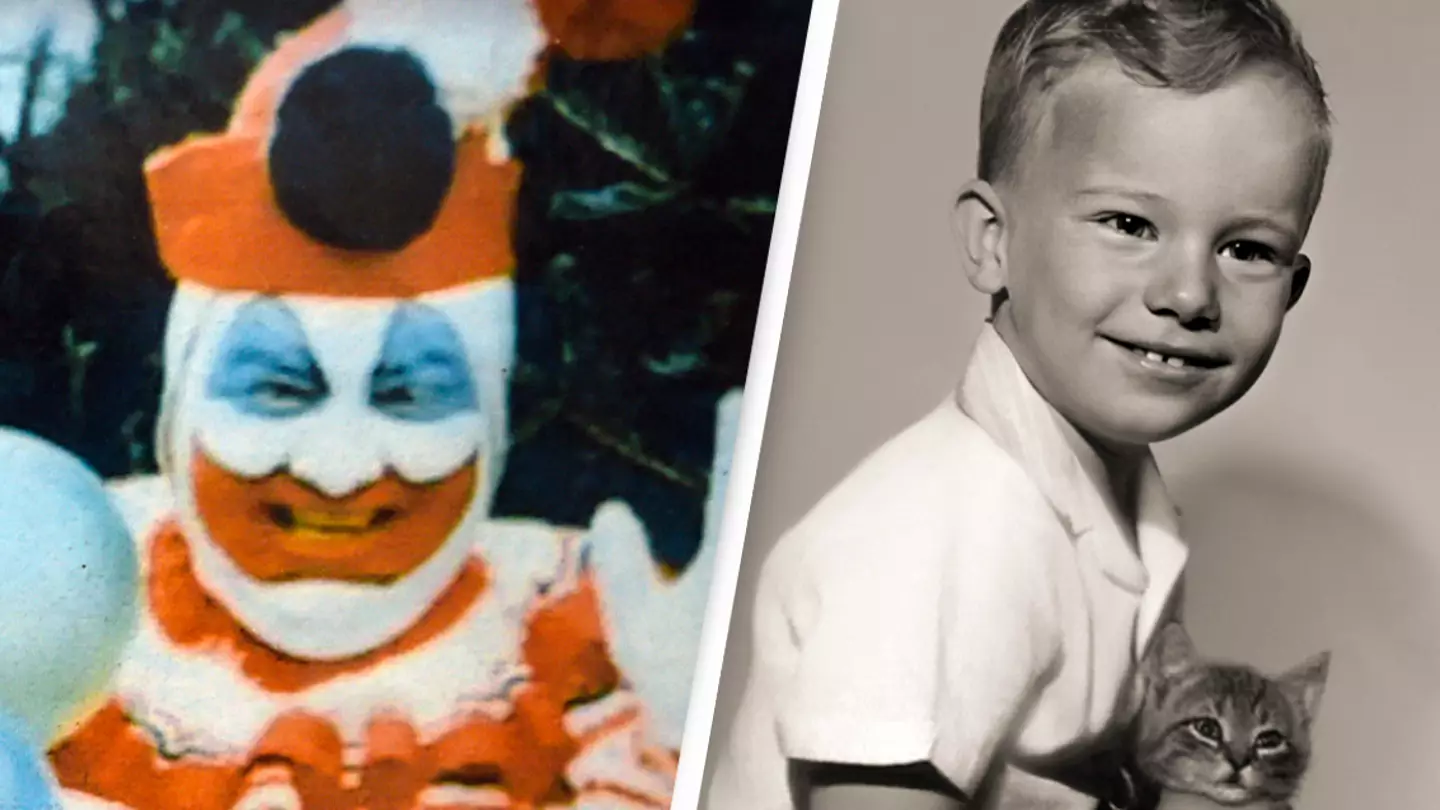
The question ‘what makes a serial killer?’ is one that’s haunted society for decades.
Whether killers are born or made is criminology's chicken or the egg, but one thing many experts agree on is that serial killers often display certain traits in their early years.
Murdering animals is one of the most commonly cited behaviours to look out for when it comes to determining whether or not your kid’s the next John Wayne Gacy, but some experts reckon bedwetting is just as big a giveaway.
As the Child Psychology Service notes, the fact your toddler wets the bed now and then doesn’t guarantee they’ll one day star in their own Netflix true crime drama.
Advert

Plenty of factors are at play when it comes to kids bedwetting, but nevertheless, bedwetting makes up a third of the Macdonald Triad - a three trait list that some experts believe can determine the likelihood of someone becoming a serial killer.
First coined by psychiatrist J.M. Macdonald in 1963, the other two traits that make up the Macdonald Triad are cruelty to animals (knew it) and pyromania.
The bedwetting part of Macdonald’s theory is really only relevant if the behaviour continues after five years and is linked to the same sort of humiliating feelings that could incite fire-starting or animal cruelty.
As bedwetting continues in young children, they can start to feel increasingly helpless and anxious.
It’s worth noting that whether or not the Macdonald Triad theory can actually be linked to a person’s likelihood of becoming a serial killer has been widely contested, with Macdonald himself even saying that he didn’t believe his 1963 paper found any definitive link.
Back in 2018, Peter Vronsky, a historian and journalist who has written a series of books about the psychopathology of serial killers, told The Guardian that we simply ‘don’t know’ whether serial killers are products of nature or nurture.

Vronsky said: “Many serial killers are survivors of early childhood trauma of some kind – physical or sexual abuse, family dysfunction, emotionally distant or absent parents. Trauma is the single recurring theme in the biographies of most killers.”
He added: “But here’s the problem: if 100 kids grow up in an abusive foster home, and one turns out to be a serial killer – what about the other 99?
“My sense is responsibility falls on the offender here. Serial killers choose to act on their compulsions.”
If you have a story you want to tell, send it to UNILAD via [email protected]
Topics: Crime, True crime, Psychology